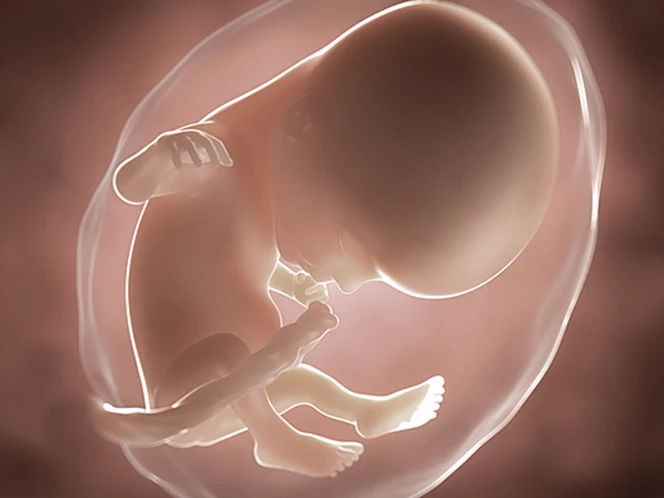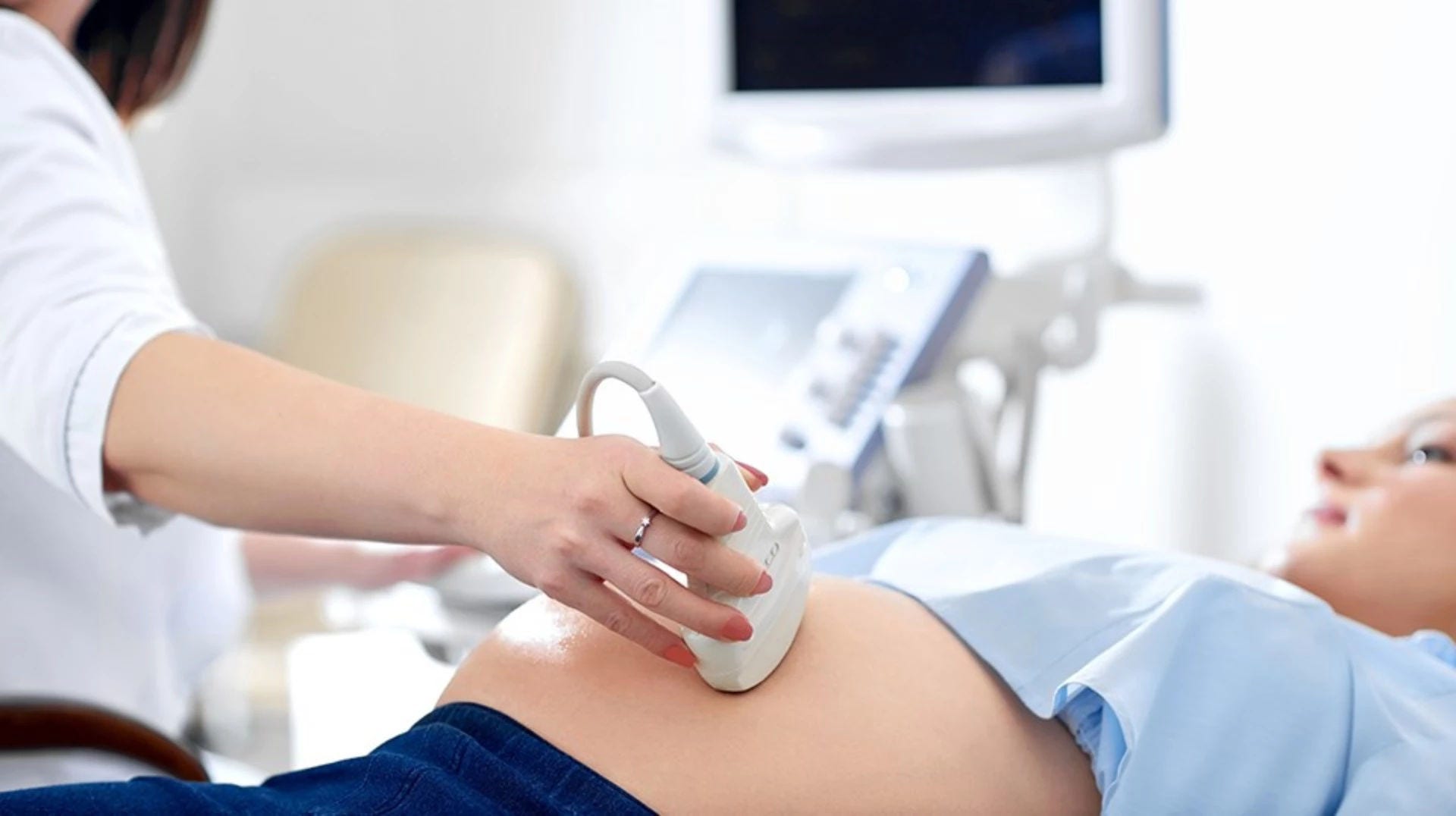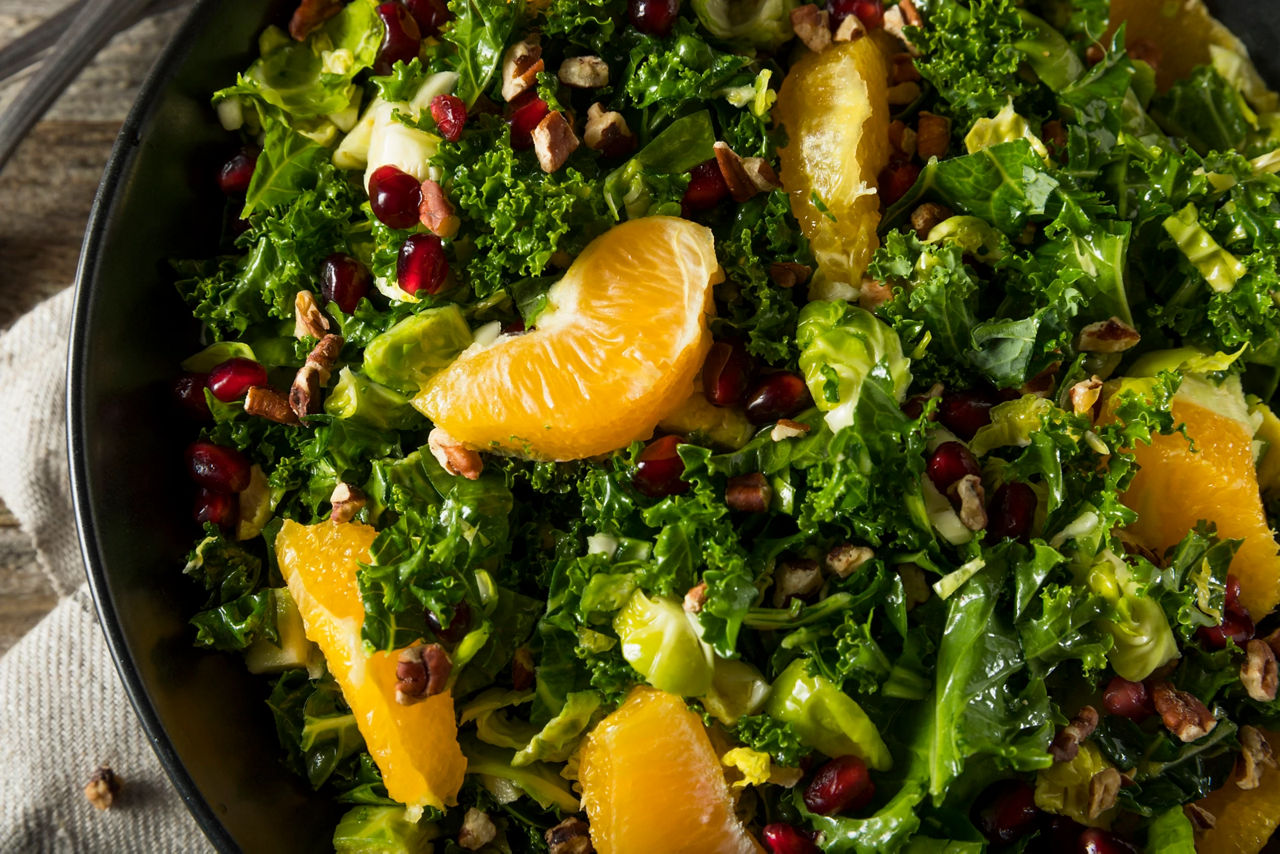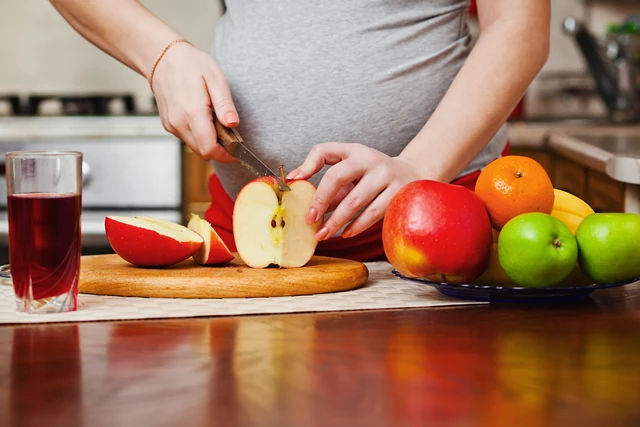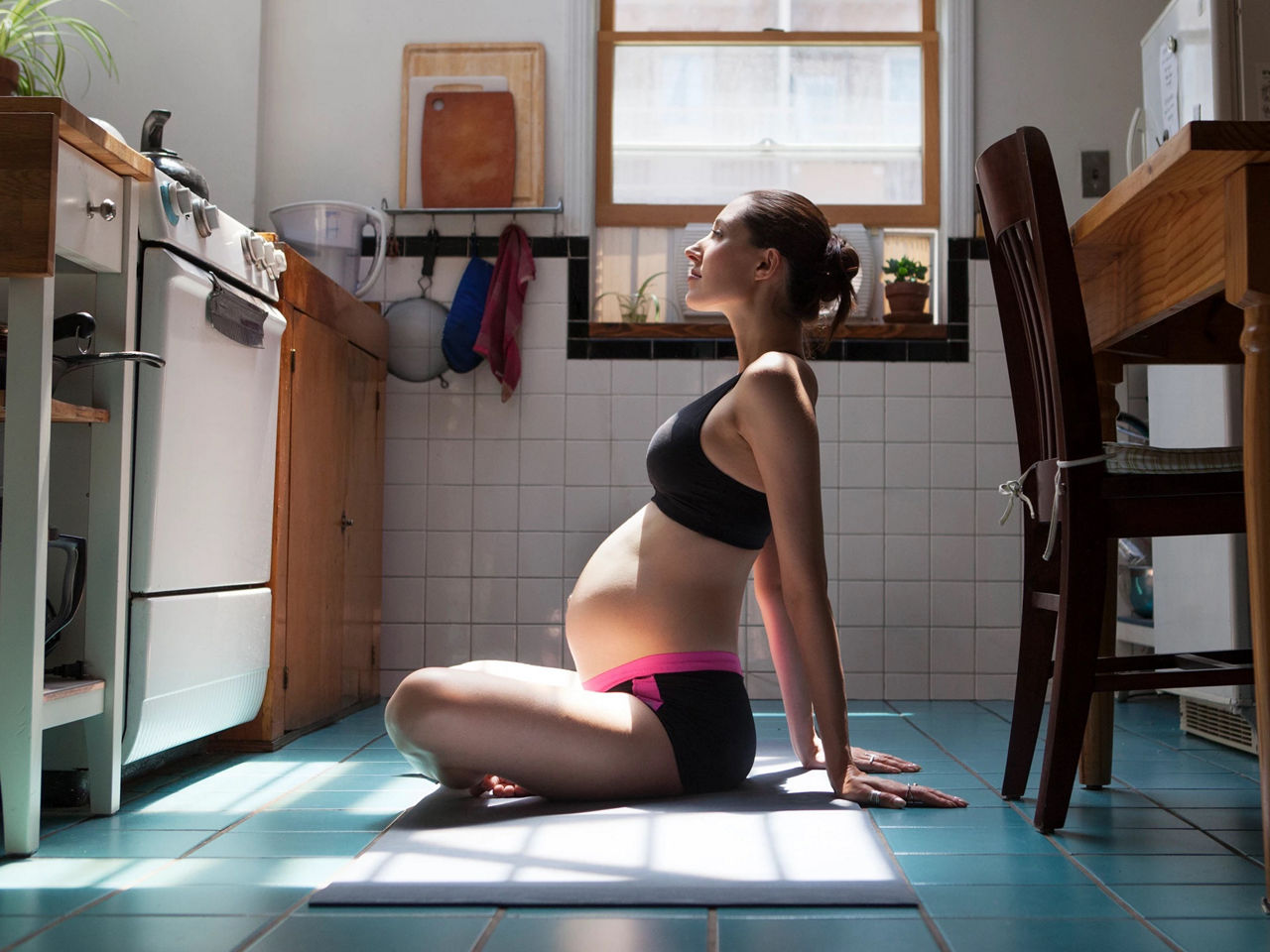Your baby is now the size of a kiwi fruit - around 8.5cm in length1. The head is rounder and more proportioned to the body. Their eyelids are developing, and nails appear on their fingers and toes. Your baby’s movements will become less erratic as they start to turn and stretch their hands, wrists and legs2.
More importantly, their kidneys begin working and they may begin to swallow small amounts of amniotic fluid3. This passes into their stomach, through their kidneys, and back into the amniotic fluid as urine3.

